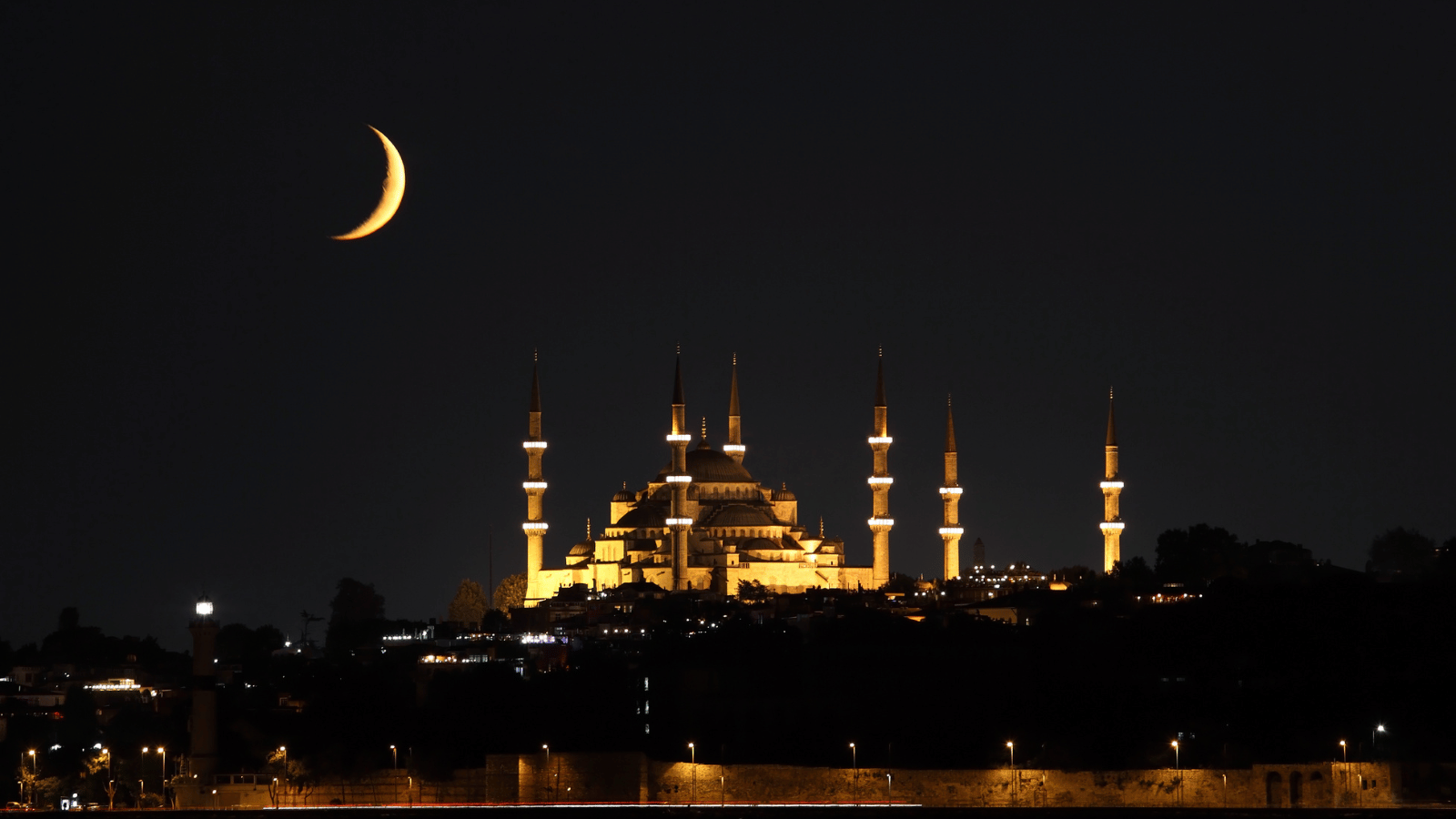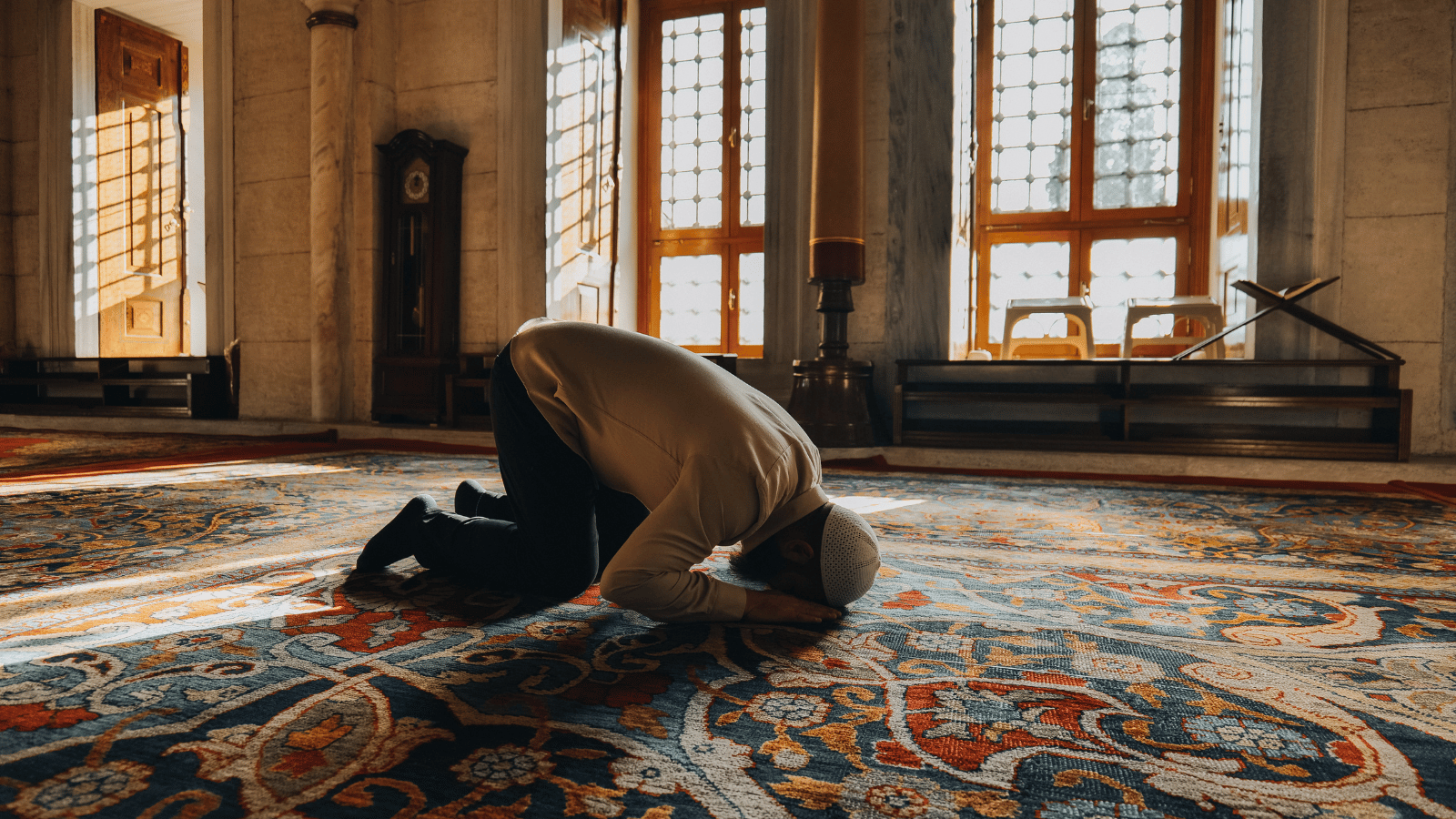Ramadan is an important month for Muslims in the UK, typically lasting 29 to 30 days. During this time, healthy adult Muslims fast from dawn to sunset, abstaining from food and drink.
This fasting, called sawm, is one of the five pillars of Islam. It helps Muslims strengthen their faith, develop self-discipline, and increase empathy for those less fortunate.
For Muslims around the world, Ramadan is not just about fasting; it’s also a time for increased dedication towards ibadah.
Timetables are essential for Muslims observing Ramadan. The Islamic calendar follows the lunar cycle, so Ramadan starts about 11 days earlier each year in the standard calendar.
This means the fasting hours gradually changes daily, often becoming longer as Ramadan progresses due to increasing daylight.
Accurate timetables help Muslims know exactly when to start and end their daily fast and when to perform their five daily prayers.
These schedules are particularly important in the UK, where summer days can be much longer than in many Muslim-majority countries.
With reliable timetables, Muslims can properly plan their pre-dawn meals (suhoor), evening meals (iftar), and additional night prayers (Tarawih), allowing them to participate in Ramadan’s spiritual aspects.
Fasting Duration in the UK
The fasting duration during Ramadan 2025 in the UK will vary significantly from the beginning to the end of the month due to the changing daylight hours.
As Ramadan begins in late February and March, the fasting period will gradually increase as the days grow longer.
At the start of Ramadan, the fasting duration will be approximately 12 hours and 47 minutes.
This means that Muslims in the UK will begin their fast at dawn, around 5:10 AM, and break their fast at sunset, around 5:45 PM.
As Ramadan progresses, the fasting hours will extend. By mid-Ramadan, around 15th March, the fasting period will have increased to about 13 hours and 29 minutes.
Towards the end of Ramadan, the fasting duration will peak.

Ramadan Timetable and Fasting Times
The following table provides the daily Suhoor and Iftar timings for Ramadan 2025 in London, UK.
Suhoor, the pre-dawn meal, should end at the time listed under ‘Suhoor Ends (Fajr)’, whilst Iftar, the meal to break the fast, can begin at the time shown under ‘Iftar Time (Maghrib)’.
Date | Islamic Date | Suhoor Ends (Fajr) | Iftar Time (Maghrib) |
01 Mar 2025 | 1 Ramadan | 05:10 AM | 05:45 PM |
02 Mar 2025 | 2 Ramadan | 05:08 AM | 05:47 PM |
03 Mar 2025 | 3 Ramadan | 05:06 AM | 05:49 PM |
04 Mar 2025 | 4 Ramadan | 05:04 AM | 05:50 PM |
05 Mar 2025 | 5 Ramadan | 05:02 AM | 05:52 PM |
06 Mar 2025 | 6 Ramadan | 05:00 AM | 05:54 PM |
07 Mar 2025 | 7 Ramadan | 04:58 AM | 05:56 PM |
08 Mar 2025 | 8 Ramadan | 04:55 AM | 05:57 PM |
09 Mar 2025 | 9 Ramadan | 04:53 AM | 05:59 PM |
10 Mar 2025 | 10 Ramadan | 04:51 AM | 06:01 PM |
11 Mar 2025 | 11 Ramadan | 04:49 AM | 06:03 PM |
12 Mar 2025 | 12 Ramadan | 04:47 AM | 06:05 PM |
13 Mar 2025 | 13 Ramadan | 04:45 AM | 06:07 PM |
14 Mar 2025 | 14 Ramadan | 04:42 AM | 06:08 PM |
15 Mar 2025 | 15 Ramadan | 04:40 AM | 06:09 PM |
16 Mar 2025 | 16 Ramadan | 04:38 AM | 06:11 PM |
17 Mar 2025 | 17 Ramadan | 04:36 AM | 06:13 PM |
18 Mar 2025 | 18 Ramadan | 04:34 AM | 06:15 PM |
19 Mar 2025 | 19 Ramadan | 04:31 AM | 06:17 PM |
20 Mar 2025 | 20 Ramadan | 04:28 AM | 06:18 PM |
21 Mar 2025 | 21 Ramadan | 04:26 AM | 06:20 PM |
22 Mar 2025 | 22 Ramadan | 04:25 AM | 06:21 PM |
23 Mar 2025 | 23 Ramadan | 04:23 AM | 06:23 PM |
24 Mar 2025 | 24 Ramadan | 04:20 AM | 06:25 PM |
25 Mar 2025 | 25 Ramadan | 04:17 AM | 06:26 PM |
26 Mar 2025 | 26 Ramadan | 04:15 AM | 06:28 PM |
27 Mar 2025 | 27 Ramadan | 04:12 AM | 06:30 PM |
28 Mar 2025 | 28 Ramadan | 04:10 AM | 06:31 PM |
29 Mar 2025 | 29 Ramadan | 04:07 AM | 06:33 PM |
30 Mar 2025 | 30 Ramadan | 04:05 AM | 06:35 PM |
Please note that these times are specific to London and may vary in different parts of the UK. It’s always recommended that you check with your local mosque for the most accurate timings in your area.

How Can Muslims Plan Their Day in Ramadan 2025 in the UK?
Planning for Ramadan 2025 in the UK requires careful consideration due to the long daylight hours. Here’s how Muslims can structure their day:
– Suhoor (Pre-dawn meal): Wake up early, ideally an hour before Fajr, for a nutritious meal. Focus on foods that provide sustained energy, such as oatmeal, whole grains, fruits, and proteins.
– Fajr Prayer: Perform the dawn prayer immediately after Suhoor, around 4:30–5:15 a.m. (depending on the exact timing for the day).
– Work or Study: Adjust your schedule if possible. Consider starting earlier to finish before energy levels dip.
– Dhuhr Prayer: At 12:15 p.m., take a break for the midday prayer. Use this time to recharge and possibly read the Quran.
– Asr Prayer: Perform the afternoon prayer around 3:00 p.m. This period before Iftar can be challenging, so consider a short nap if possible.
– Iftar Preparation: Begin preparing the evening meal as Maghrib approaches.
– Maghrib Prayer and Iftar: Break your fast at sunset, starting with dates and water as per the Sunnah.
– Isha Prayer and Taraweeh: Attend the night prayer and optional Taraweeh prayers at the mosque, which typically start after 7 p.m.
– Additional Worship: Dedicate time for Quran recitation, dhikr, and dua throughout the day and night.
– Sleep: Maintain a consistent sleep schedule to manage energy levels during fasting hours.
If you want to know complete prayers time, check out Prayer Times in Ramadan.
Remember to stay hydrated during non-fasting hours and plan your work and social commitments accordingly. Many UK mosques will provide local Ramadan timetables to help you plan precisely.
Embracing the Spirit of Ramadan
As Ramadan 2025 approaches, Muslims across the UK prepare for a month of self-discipline and more dedicated ibadah.
The timetable offers a valuable guide for those observing the fast, helping them navigate the changing dawn and sunset times throughout this sacred month.
The timings are specific to London but they serve as a general reference for the UK. Muslims are encouraged to consult their local mosques or Islamic centres for precise timings tailored to their area.
Ramadan is more than just a fasting period; it’s a time for increased devotion, charitable acts, and strengthening bonds within the community.
Muslims can plan their day between work and religious obligations by following the timetable.







